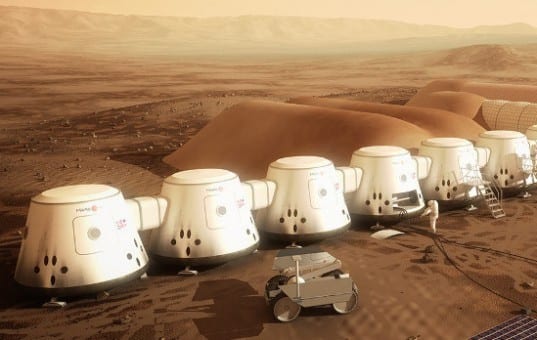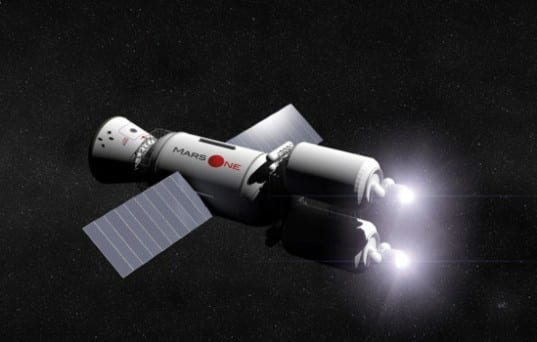
The numbers are in, and in just six months a phenomenal 202,586 people have applied to join the very first Mars colony. Frequently dubbed a “suicide mission,” the $4 billion Mars One non-profit venture plans to send a team of four individuals on what may very well be a one way trip to the red planet. The U.S. formed the most enthusiastic applicant pool (24%), while other applicants came from another 139 countries.

Mars One opened up online applications in April of this year, and while over 200,000 people expressed an interest in the mission, only 2,782 completed the full application process by submitting an online video and paying a registration fee of between $5 and $73. (Mars One, however, claims there are additional applicants who wish to remain anonymous). Successful individuals can hope to become one of 10 teams of four individuals who will spend seven years in full time training to join the Mars colony. One of those teams will then be selected to literally go where no man has gone before, and live out their years on Martian lands.
If it sounds a little like a process for a reality TV show, it probably isn’t a coincidence. The Dutch non-profit plans to recoup its $4 billion in expenses by selling broadcasting rights, and founder Bas Lansdorp has described that “[t]his will be one of the biggest events in human history. We are talking about creating a major media spectacle, much bigger than the moon landings or the Olympics.” Paul Römer, the co-creator of Big Brother serves as the project’s ambassador, and has gone so far as to say “Reality meets talent show with no ending and the whole world watching. Now there’s a good pitch.”
Such statements have led some to speculate that the mission is at worst a scam, or at the very least a pipe dream. But that is not to say that manned missions to Mars are not being planned by other, perhaps more credible agencies. Elon Musk, at this point garnering a reputation for announcing his intentions for the outrageous, and then accomplishing his goals, has stated his hopes to send thousands—including himself—to the red planet. Furthermore, NASA hopes to send astronauts to Mars by the 2030s.

NASA provides a little more insight into the challenges that such a mission will face. In addition to asking colonizers to commit to an indefinite diet of dehydrated foods, new technologies will have to be developed to support human life on Mars. Such individuals would have to be shielded from radiation, address changes in bone density and find ways to source oxygen for breathing and water for drinking from the largely uncharted land.
As for Mars One, first round applications closed on August 31st, and those who have made it through to round two will be notified by the end of the year.

